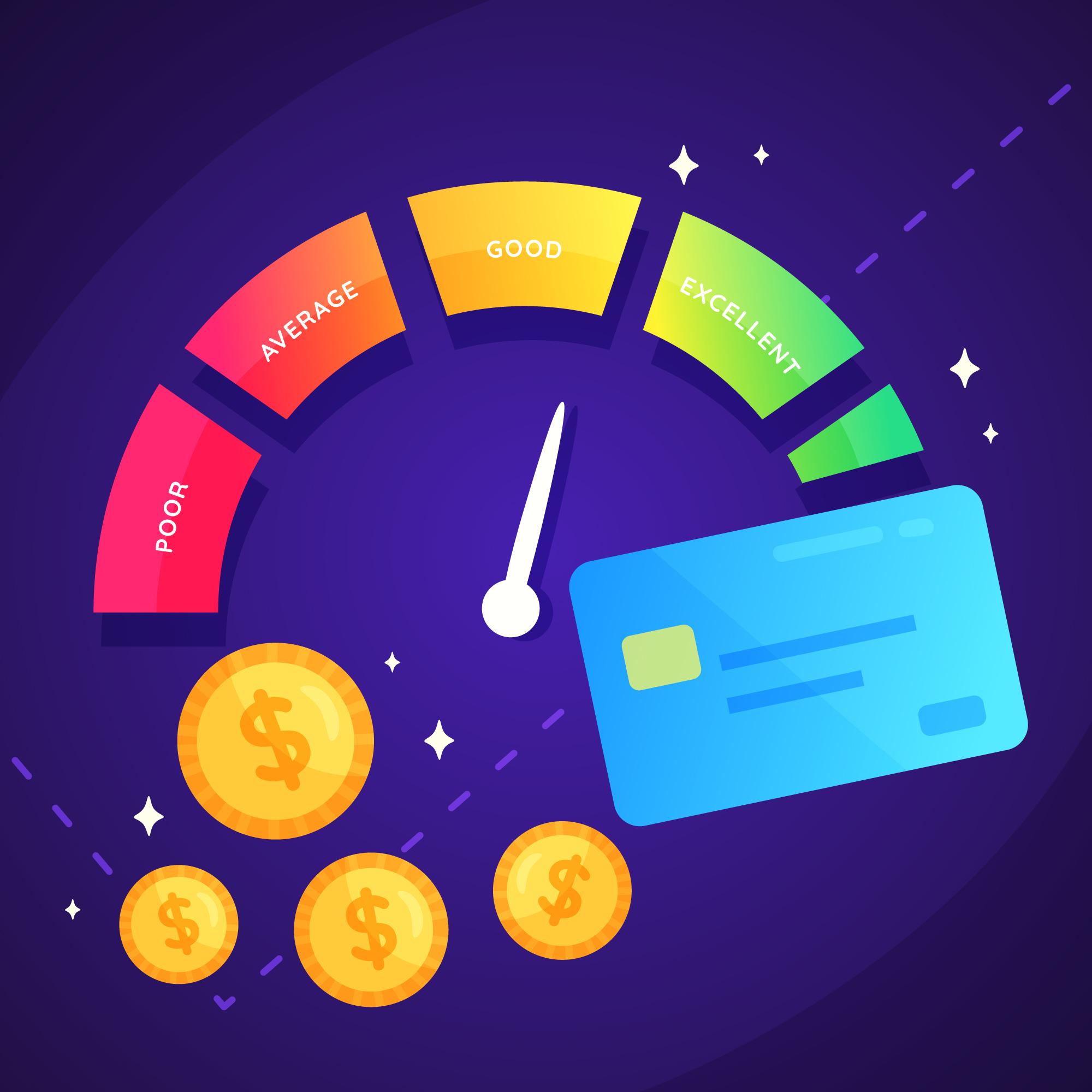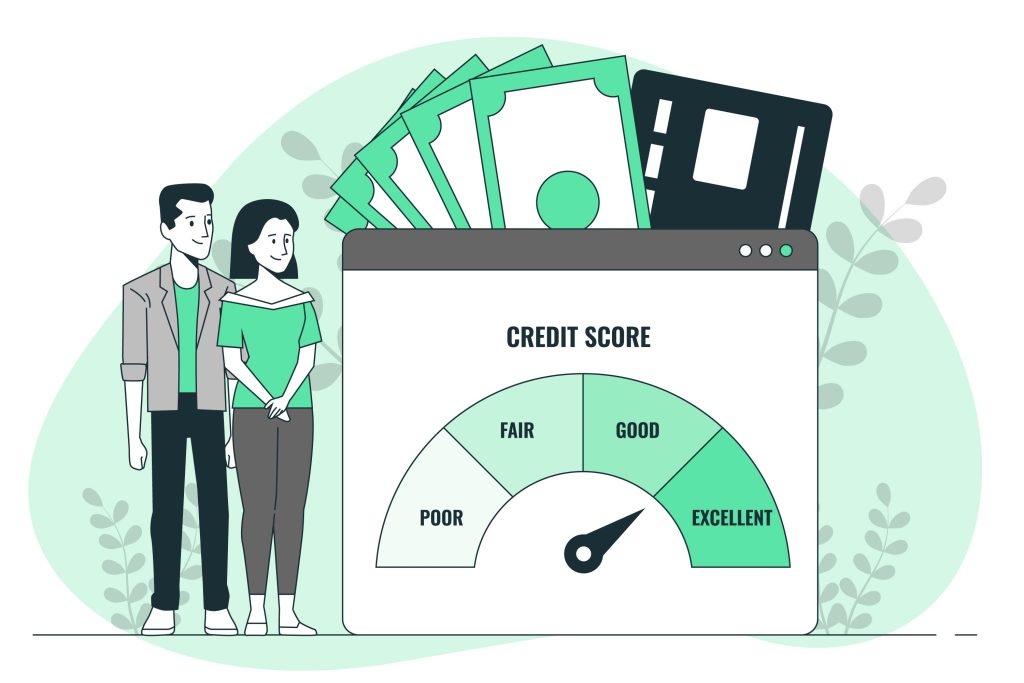Introduction:
Your credit card score is an important number that can have a significant impact on your financial future. It’s used by lenders to determine your creditworthiness and can affect your ability to qualify for loans, credit cards, and even rental applications. If you have a low credit card score, you may be charged higher interest rates and fees, which can cost you hundreds or even thousands of dollars over time. On the other hand, if you have a high credit card score, you’ll have more borrowing power and may be able to secure better terms and rates. In this article, we’ll discuss five tips for improving your credit card score.
Pay Your Bills on Time
One of the most important factors in your credit card score is your payment history. Lenders want to see that you are reliable and consistent when it comes to paying your bills. Even one late payment can have a negative impact on your credit card score. To improve your score, make sure to pay all of your bills on time, including your credit card bills. You can set up automatic payments to ensure that you never miss a payment, or use a payment reminder service to help you stay on track.

Keep Your Credit Card Balances Low
Another important factor in your credit card score is your credit utilization ratio, which is the amount of credit you are using compared to the amount of credit you have available. If you have high balances on your credit cards, it can indicate to lenders that you are relying too heavily on credit and may not be able to pay off your debts. To improve your credit card score, aim to keep your credit utilization ratio as low as possible. This means paying down your credit card balances and not maxing out your cards.
Don’t Apply for Too Much Credit at Once
Every time you apply for credit, it can have a negative impact on your credit card score. This is because each application results in a “hard inquiry” on your credit report, which can lower your score. To avoid damaging your credit card score, try to limit the number of credit applications you make. If you do need to apply for credit, make sure to shop around and compare offers to find the best deal.
Use a Mix of Credit Types
Having a mix of different types of credit can be beneficial for your credit card score. This is because it shows lenders that you can handle different types of credit responsibly. For example, having both a mortgage and a credit card can be viewed more favorably than having just one or the other. If you don’t have a mortgage, you can still diversify your credit mix by getting a credit card, a personal loan, or a car loan.

Monitor Your Credit Report
Finally, it’s important to regularly monitor your credit report to ensure that it is accurate and up-to-date. Errors or mistakes on your credit report can have a negative impact on your credit card score, so it’s important to catch and correct them as soon as possible. You can request a free copy of your credit report from each of the three major credit bureaus (Equifax, Experian, and TransUnion) once per year.
Conclusion:
Improving your credit card score takes time and effort, but it can be well worth it in the long run. By following the tips outlined in this article, you can take control of your credit and improve your borrowing power. Remember to pay your bills on time, keep your credit card balances low, avoid applying for too much credit at once, diversify your credit mix, and monitor your credit report. With a little bit…









